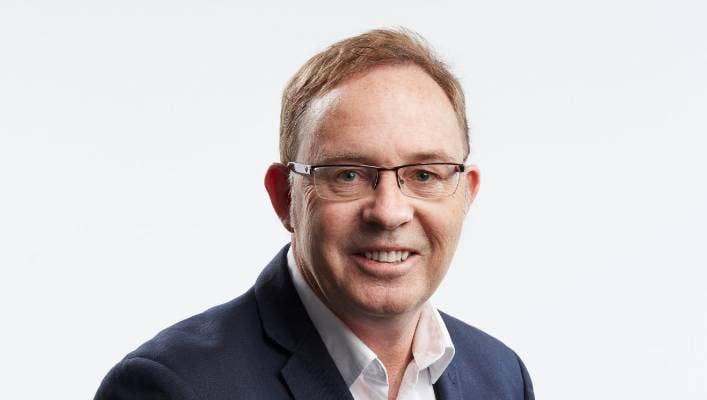
At this week’s board meeting of Rugby Southland, Bernie McKone announced he has stepped down as Chairman for Rugby Southland. McKone will remain on the board as a director until the AGM in April 2023.
This was a planned decision by McKone, stating he won’t be seeking a further term in April next year, where he will have completed 10 years of service to Rugby Southland, a tenure that has seen the union in a better position than when elected as chair.
Former Southland representative and current Executive Marketing and Sales Manager at Windsor Hardware, Murray Brown has been voted in unanimously as Chairman.
For McKone, it’s a time to reflect on the successes of the last decade and focus on furthering the progress alongside Brown.
“It has always been my view that good planning involves succession, and I have no doubt that Murray Brown, who was elected unanimously, will be a superb chair”, said McKone.
“With my business commitments changing substantially this year, along with the planned decision for me to Chair the Rotary Club of Cromwell, and my permanent shift to Central Otago, this was the right time for me to enable Murray to lead the board moving forward”.
A highlight for McKone is the shift in the unions financial position.
“I am particularly proud that our organisation is in a stronger and more financially viable organisation than what I saw in 2013. We have removed all debt to community funders and NZR, and indeed have a strong cash position moving forward and the signing of the Silverlake deal, one which I have been proud to be associated with, will only further strengthen the game in our communities.”
Rugby still has challenges in front of it, despite the cash injection promised by the Silverlake deal.
Details of the Commercial Company running the new Silverlake venture are still being finalised, but despite gains being made in Southland through re-structuring, and the implementation of shared services agreements, there are still pressures on the rugby model. Improvements in the commercial relationships and sponsorships have been positive however most surpluses being achieved in the past two years were due to COVID disruptions not allowing many cost programmes to proceed. “Whilst we return to normal, we still need to ensure these programmes pay their way, otherwise we will be in the same state as we were ten years ago”, said McKone.
“The professional game remains a challenge, and it is clear the new money will not be spent on players or in the professional space. It’s the growth and sustainability of the grass roots community game and clubs which must remain the focus, albeit the tension to be competitive at Stags level. We are very pleased we are seeing some gains in local player development and recognition. Ethan de Groot is the latest example we can do it from home”.
“With our new GM Steve Mitchell into his second year, now’s a good time to hand over the reins, to attend the CEO/Chair’s 2nd July meeting in Wellington, and with the commencement of the NPC, this is a good time for Murray to get his feet under the table.
There remain local issues such as Rugby Park to be dealt with and having a local chair residing in the city will be beneficial in those discussions. With the start of the NPC season coming fast, I look forward to assisting Murray building relationships with the great people from our province and across New Zealand.”
For Murray Brown, taking over as Chairman of Rugby Southland seems a natural progression, having played and captained Southland through-out the 1980’s, Assistant Coach to Phil Young in the early 2000’s and he recently seconded onto the full Board, where he has proven to be a natural fit with a business and rugby mind with what is Southland at the centre of every decision made.
“As highlighted by the Bernie, there remains several challenges in front of the Rugby Southland organisation at all levels. Financial sustainability is critical and with the recent Silverlake deal, Rugby Southland must be closely aligned with the future strategy of NZ rugby which will be closely audited and reported on regularly, a significant amount of work has gone into this area recently “, Murray said.
“Other areas that will require attention will be in supporting further development of the rugby sectors at grassroot levels, teenage, woman’s, Māori and Pacific that forms a key part of NZ rugby future direction” Murray said.
“Important topics on the agenda now are working closely with local authorities to return in some capacity to Rugby Park, player retention and a clear pathway, and critically building relationships with key stakeholders and wider community”.
Murray advised he is looking forward to working with the General Manager Steve Mitchell and wider Rugby Southland Management team with the support of all the Board. The key is to focus on the refreshed strategy to try their best and connect all the community to drive and progressively deliver an improved and more sustainable rugby model.

